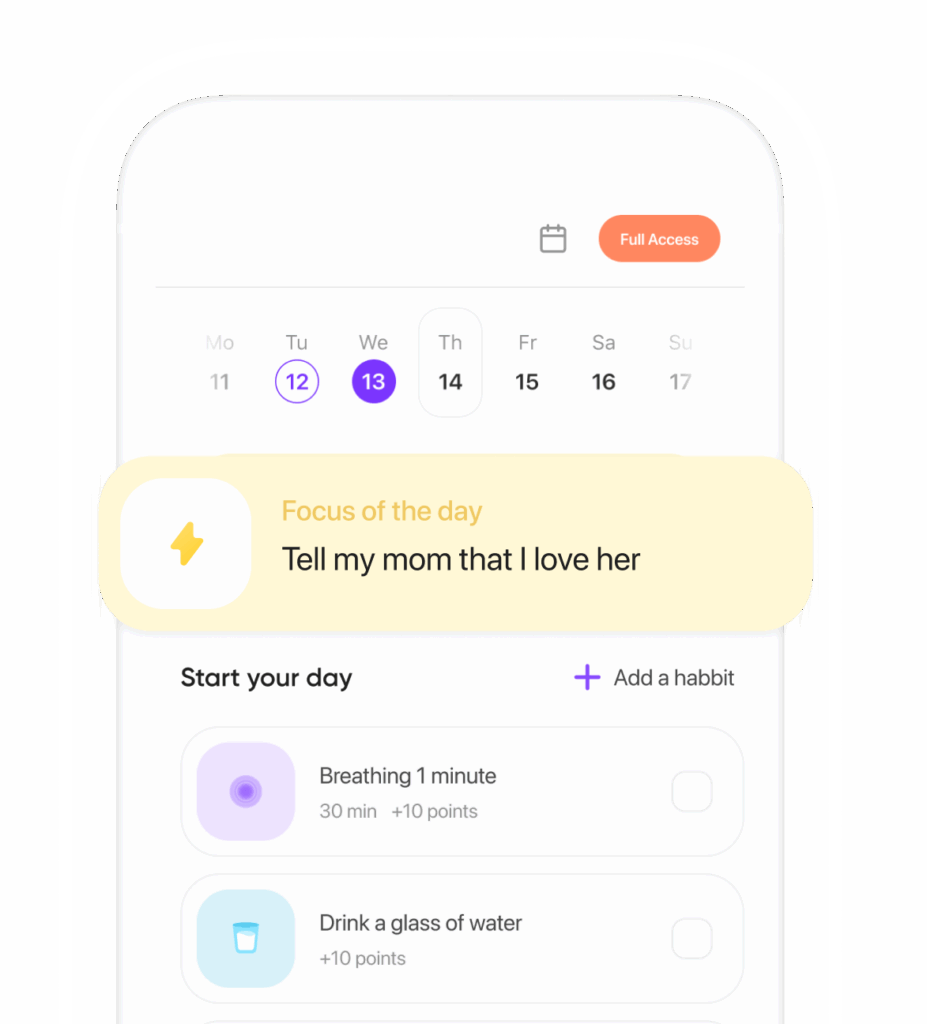Table of Contents
- Understanding ADHD and Its Stress Dynamics
- Stress’s Influence on ADHD
- Practical Stress Management Tactics for ADHD
- 1. Mindfulness Meditation
- 2. Physical Activity
- 3. Mastering Time Management
- 4. Cognitive Behavioral Therapy (CBT)
- 5. Dietary Adjustments
- 6. Prioritize Sleep Hygiene
- Wrapping it Up
Understanding ADHD and Its Stress Dynamics
Symptoms like inattention, hyperactivity, and impulsivity shape ADHD. These daily hurdles can fill one’s day with stress, especially for people struggling with organization, time oversight, and regulating their emotions. The Anxiety and Depression Association of America points out that individuals with ADHD frequently encounter chronic stress and anxiety—it’s a well-documented link.
Stress’s Influence on ADHD
Stress doesn’t just accompany ADHD; it amplifies the symptoms, making concentration and task management a distant reality. Do you recall The Journal of Attention Disorders? Back in 2020, it highlighted that stress worsens the cognitive challenges faced by those with ADHD, which can plunge academic and work performance.
Practical Stress Management Tactics for ADHD
1. Mindfulness Meditation
Mindfulness meditation—it’s been praised for lowering stress and sharpening focus. For ADHD sufferers, that’s a beacon of hope. The Journal of Consulting and Clinical Psychology shared evidence that mindfulness interventions can cut ADHD symptoms and stress. Regular practice calms chaotic thoughts and boosts attention.
Mindfulness Basics:
- Begin Small: Dedicate 5-10 minutes each day to merely minding your breathing.
- Guides: Consider apps like Headspace or Calm for structured sessions.
- Stick With It: Perform it daily, it builds into a habit and voila, improvement sneaks in.
2. Physical Activity
Physical activity holds power—it battles stress and sharpens focus in ADHD. Research in Neuropsychobiology tells us: exercise boosts endorphins. These brain chemicals are like natural mood lifters.
Exercise Choices:
- Aerobic Workouts: Try walking, jogging, or cycling—they can deeply reduce stress.
- Yoga: Integrates movement with breathing—excellent for mental peace.
- Team Sports: Besides reducing stress, they bolster social skills too.
3. Mastering Time Management
For folks with ADHD, poor time management can spawn significant stress. Establishing structured routines is paramount.
Time Management Pointers:
- Timers are Key: Break down tasks, making them approachable.
- Getting Priorities Straight: Use tools like the Eisenhower Box for focusing on critical tasks.
- Digital Aids: Apps like Todoist and Trello help organize and reminders.
4. Cognitive Behavioral Therapy (CBT)
CBT—it’s quite effective for the stress linked to ADHD. This therapy pinpoints and tweaks negative thought patterns, helping build coping methods. According to Behavior Modification, CBT can ease stress and polish time management and organizational skills in adults with ADHD.
5. Dietary Adjustments
Diet plays an often underestimated role in alleviating ADHD symptoms and stress. Certain nutrients? They do wonders for cognitive performance.
Nutritional Guidelines:
- Omega-3s: Present in fish, flaxseeds—they’re known to enhance cognitive function.
- Balanced Intake: Combine proteins, carbs, and healthy fats for steady blood sugar.
- Watch Stimulants: Limit caffeine and sugar—these can heighten hyperactivity and stress.
6. Prioritize Sleep Hygiene
Lack of proper sleep can fuel ADHD symptoms, heightening stress. So, honing sleep hygiene—it’s crucial.
Sleep Improvement Strategies:
- Set a Routine: Consistent sleep and wake times can aid significantly.
- Unwind Before Bed: Try deep breathing or meditation before sleep.
- Limit Screen Time: Reducing device use an hour before bed aids sleep quality.
Wrapping it Up
Effectively taming stress is vital for those with ADHD. Integrating mindfulness, physical exercise, time management, CBT, diet changes, and sound sleep routines can cut stress and enrich life quality. These aren’t merely strategies for managing ADHD—they’re steps toward a healthier lifestyle.
Apply these steps, seize control of stress, and witness a transformation in handling ADHD symptoms.
References
- Anxiety and Depression Association of America. (n.d.). ADHD and Stress.
- Journal of Attention Disorders. (2020). The Impact of Stress on Cognitive Functions in ADHD.
- Journal of Consulting and Clinical Psychology. (2018). Mindfulness-Based Interventions for ADHD.
- Neuropsychobiology. (2019). Exercise and ADHD: A Review of Literature.
- Behavior Modification. (2017). The Efficacy of Cognitive Behavioral Therapy in Treating Adult ADHD.
By tapping into these grounded strategies, stress related to ADHD can be tackled effectively. Embrace them today, watch them work wonders.
Ready to transform your life? Install now ↴
Join 1.5M+ people using AI-powered app for better mental health, habits, and happiness. 90% of users report positive changes in 2 weeks.
